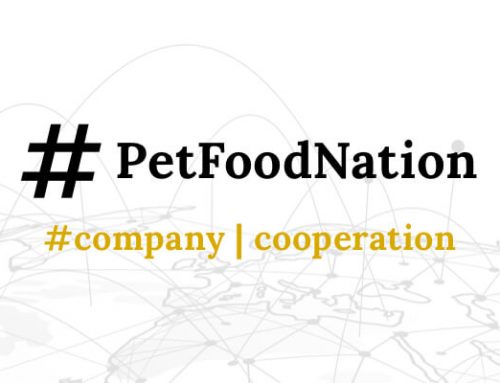In a recent development, Nestle Purina Petcare Company is now embroiled in a class action lawsuit filed in the U.S. District Court for the Southern District of New York. The lawsuit, initiated on October 12, alleges various violations, including breach of express warranty and violations of New York General Business law, among others. Adrienne Pietres and Brenda Natoli, along with others in a similar situation, serve as the lead plaintiffs. They claim that Nestle has been deceptively marketing its wet and dry pet food products as natural, aiming to attract health-conscious pet owners, despite the products containing synthetic elements like copper sulfate, pyridoxine hydrochloride, and menadione sodium bisulfite complex.
According to the plaintiffs, if consumers had been aware of the actual composition of the pet food, they either would not have made the purchase or would not have paid as much for it. The plaintiffs and the class they represent are seeking monetary compensation, interest, the option for a trial by jury, and any other appropriate forms of relief in response to this lawsuit. Legal representation for the plaintiffs is provided by Joshua Arisohn and Julian Diamond of Bursor and Fisher PA in New York City. This case underscores the significance of clear and accurate labeling in the pet food industry, especially in regards to the term “natural” in product marketing.
Past instances have seen similar lawsuits against other pet food companies over claims about natural ingredients. In 2017, Rachael Ray’s Nutrish faced allegations of deceptive marketing for labeling their products as natural while containing artificial additives and preservatives. In 2019, J.M. Smucker faced a class action lawsuit filed by pet food purchasers in New York for falsely marketing Nature’s Recipe brand pet foods as all natural due to the presence of certain chemicals, which the plaintiffs argued contradicted this claim. These lawsuits may be rooted in the definition of “natural” for dogs and cats set by the Association of American Feed Control Officials (AAFCO). This definition allows pet food to be marketed as “natural with added vitamins, minerals and trace nutrients,” with this clarification needing to be prominently displayed alongside the term “natural” on product packaging.



